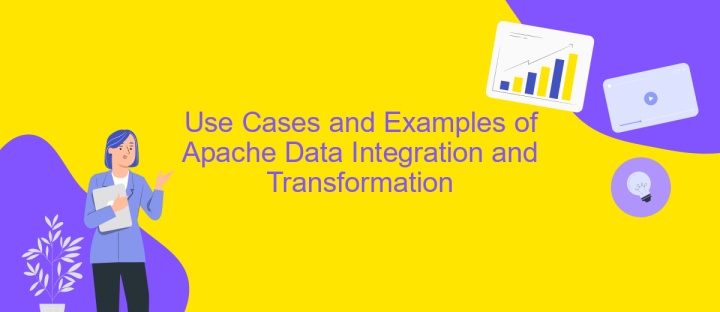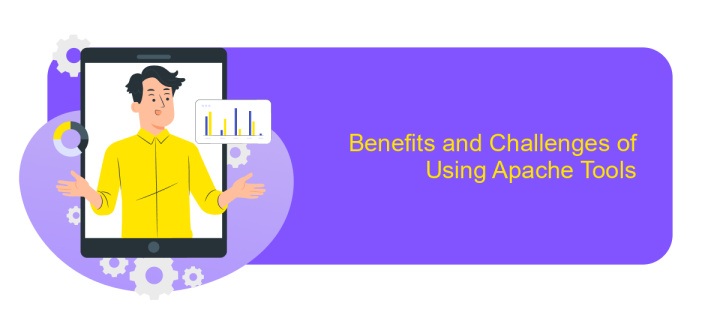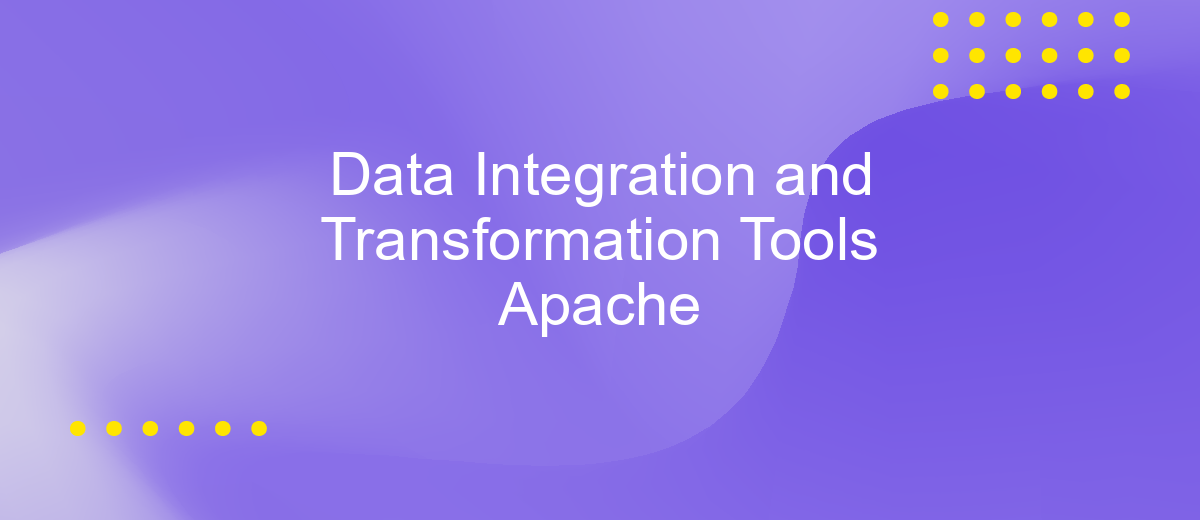Data Integration and Transformation Tools Apache
Apache's suite of data integration and transformation tools provides robust solutions for managing and processing data across diverse platforms. These tools enable seamless data movement, transformation, and integration, allowing organizations to harness the full potential of their data assets. By leveraging Apache's open-source technologies, businesses can achieve greater efficiency and scalability in their data operations, facilitating more informed decision-making and driving innovation.
Introduction to Apache Data Integration and Transformation Tools
In the ever-evolving landscape of data management, Apache offers a suite of powerful tools for data integration and transformation, essential for businesses looking to streamline their data processes. These tools enable organizations to efficiently manage large volumes of data from diverse sources, ensuring seamless integration and transformation to meet their analytical needs. With Apache's open-source solutions, businesses can harness the power of community-driven innovation, ensuring scalability, flexibility, and cost-effectiveness in their data operations.
- Apache NiFi: A robust data integration tool that automates the flow of data between systems with a user-friendly interface.
- Apache Kafka: Designed for real-time data streaming, it facilitates the building of real-time data pipelines and streaming applications.
- Apache Spark: Known for its speed and ease of use, it provides an efficient platform for big data processing and analytics.
By leveraging these Apache tools, businesses can transform raw data into actionable insights, driving informed decision-making and competitive advantage. The adaptability and community support of Apache projects make them a preferred choice for enterprises aiming to optimize their data integration and transformation strategies.
Key Apache Projects for Data Integration and Transformation

Apache offers a range of powerful projects for data integration and transformation, each designed to handle various aspects of data processing. Apache Nifi is a standout tool that provides an intuitive interface for automating data flow between systems. It excels in real-time data ingestion and transformation, making it ideal for complex data ecosystems. Apache Kafka, on the other hand, is a distributed streaming platform that enables high-throughput data processing and integration across multiple sources and destinations. Its robust architecture supports real-time analytics and event-driven applications.
For those seeking to streamline integration processes, tools like ApiX-Drive offer a user-friendly solution to automate data workflows without extensive coding. Apache Camel is another versatile project that simplifies integration tasks through its rule-based routing and mediation engine. It supports numerous protocols and data formats, making it an excellent choice for diverse integration needs. These Apache projects, combined with services like ApiX-Drive, provide a comprehensive ecosystem for managing data integration and transformation, ensuring seamless data flow and enhanced operational efficiency.
Use Cases and Examples of Apache Data Integration and Transformation

Apache data integration and transformation tools are widely adopted in various industries due to their scalability and flexibility. These tools are essential for businesses that need to manage and analyze large volumes of data from disparate sources. They enable seamless data flow between systems, ensuring that data is transformed into a usable format for analysis and decision-making.
- Retail: Apache tools help integrate sales data from multiple channels, providing a unified view of customer behavior.
- Healthcare: They facilitate the integration of patient records from different systems, improving data accessibility and accuracy.
- Finance: Apache solutions are used to aggregate and transform transaction data for real-time fraud detection and risk management.
- Telecommunications: These tools enable the consolidation of network performance data, aiding in network optimization and customer service enhancement.
By leveraging Apache data integration and transformation tools, organizations can enhance their data processing capabilities, leading to more informed business strategies. The adaptability of these tools allows them to be tailored to specific industry needs, ensuring that businesses can efficiently handle ever-growing data demands and maintain a competitive edge.
Benefits and Challenges of Using Apache Tools

Apache tools for data integration and transformation have become essential in managing large datasets across various platforms. These tools offer robust solutions for processing, transforming, and integrating data, making them indispensable for businesses aiming to leverage data-driven insights. With a strong community backing and regular updates, Apache tools are reliable and scalable, catering to the needs of both small enterprises and large organizations.
Despite the numerous advantages, using Apache tools also presents certain challenges. The complexity of setting up and configuring these tools can be daunting for beginners. Additionally, ensuring optimal performance and maintaining security standards requires a deep understanding of the tools and their ecosystems. Organizations must weigh these challenges against the benefits to make informed decisions.
- Scalability: Apache tools can handle large volumes of data efficiently.
- Community Support: A vibrant community offers regular updates and troubleshooting assistance.
- Flexibility: These tools can integrate with various data sources and formats.
- Complexity: Initial setup and configuration can be challenging for newcomers.
In conclusion, while Apache tools for data integration and transformation offer significant advantages, they also demand a certain level of expertise and resources to overcome their inherent challenges. Organizations should consider their specific needs and capabilities when choosing to implement these tools.
Choosing the Right Apache Tool for Your Needs
When selecting the right Apache tool for your data integration and transformation needs, it's essential to consider the specific requirements of your project. Apache offers a range of tools, each with unique strengths. For instance, Apache NiFi excels in real-time data streaming and easy data flow management, making it ideal for projects needing rapid data movement and transformation. On the other hand, Apache Kafka is perfect for handling large volumes of data with its robust messaging system, ensuring reliable data distribution across various systems.
Another critical factor is the ease of integration with existing systems. Tools like ApiX-Drive can complement Apache solutions by providing seamless integration capabilities, allowing you to automate data workflows without extensive coding. Consider your team's expertise and the tool's community support, as well. A tool with active community support and comprehensive documentation can significantly ease the implementation process. Ultimately, the right choice depends on balancing your technical needs, integration requirements, and the available resources to ensure efficient and effective data management.
FAQ
What is data integration and why is it important for businesses?
How do Apache tools facilitate data integration and transformation?
What are the key features to look for in a data integration tool?
How can businesses automate their data integration processes?
What are the common challenges faced in data integration and how can they be addressed?
Apix-Drive is a simple and efficient system connector that will help you automate routine tasks and optimize business processes. You can save time and money, direct these resources to more important purposes. Test ApiX-Drive and make sure that this tool will relieve your employees and after 5 minutes of settings your business will start working faster.

